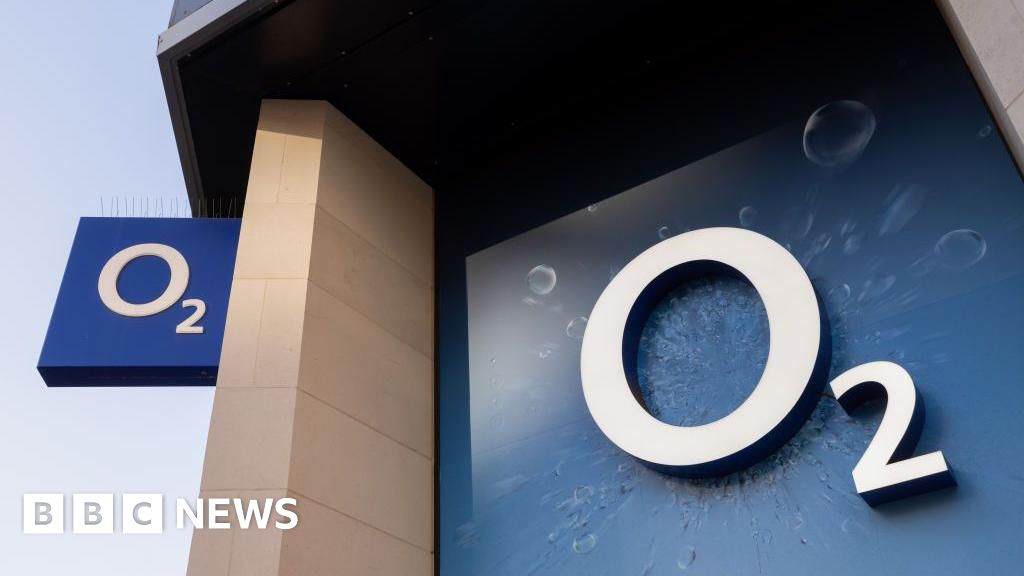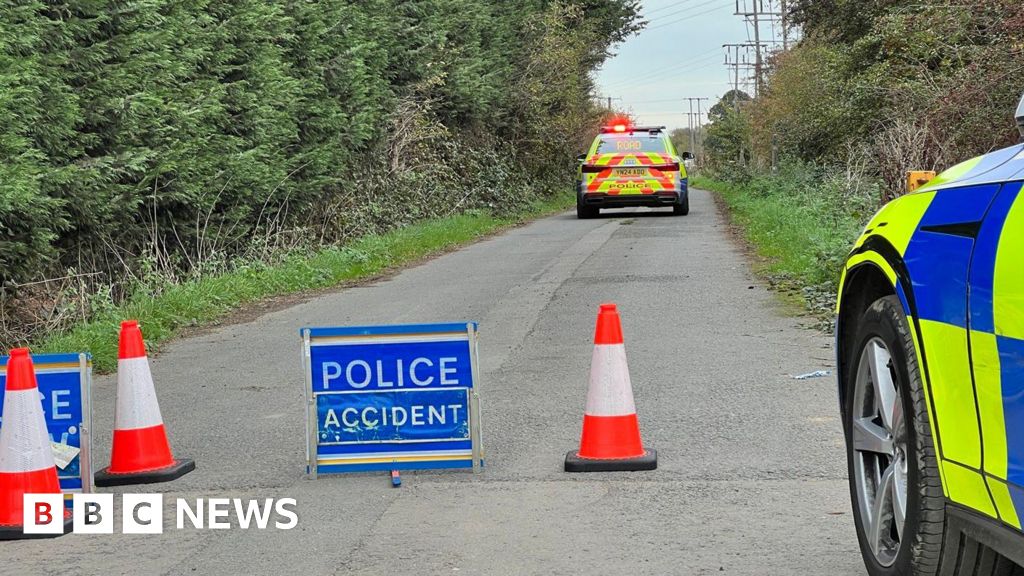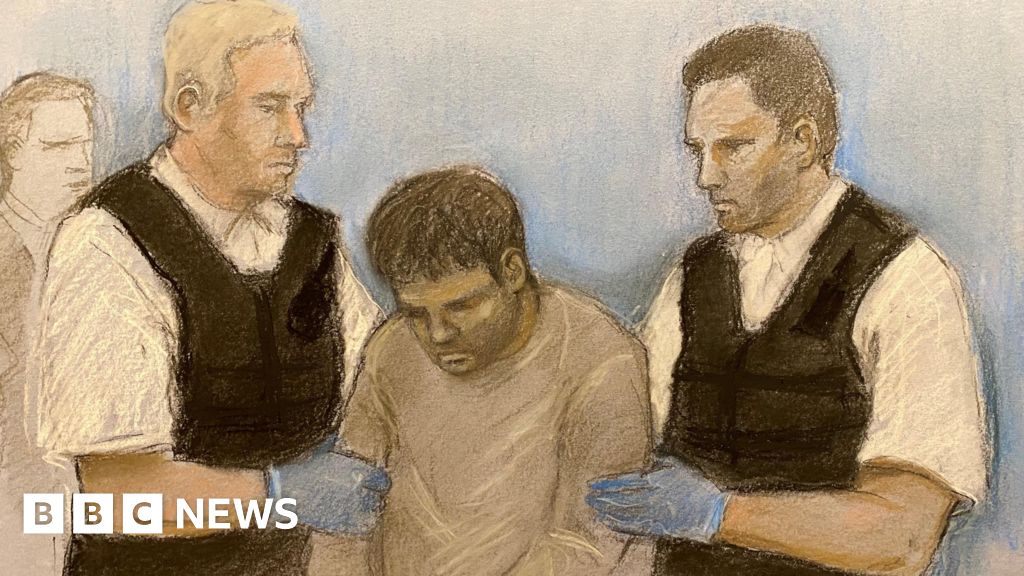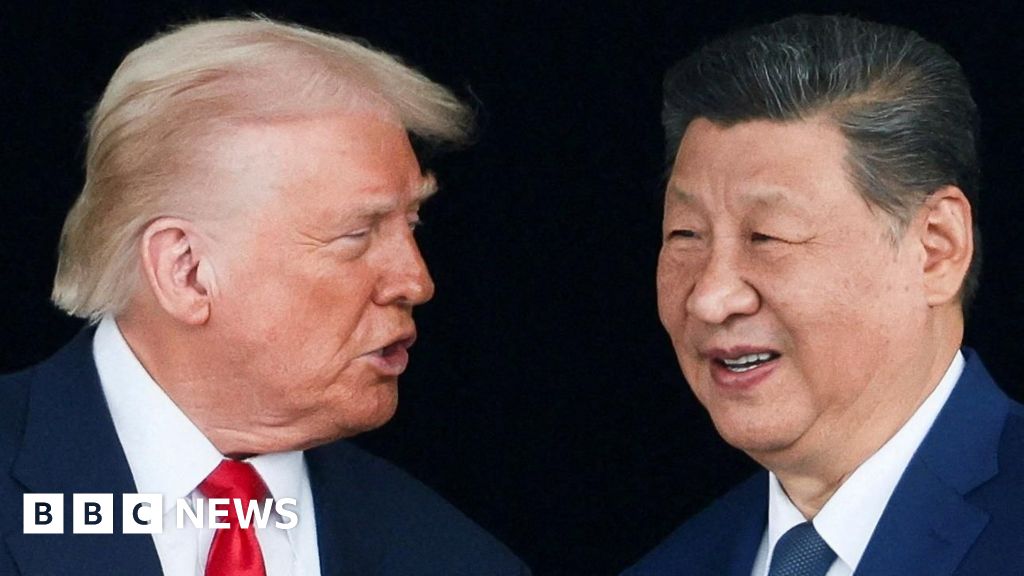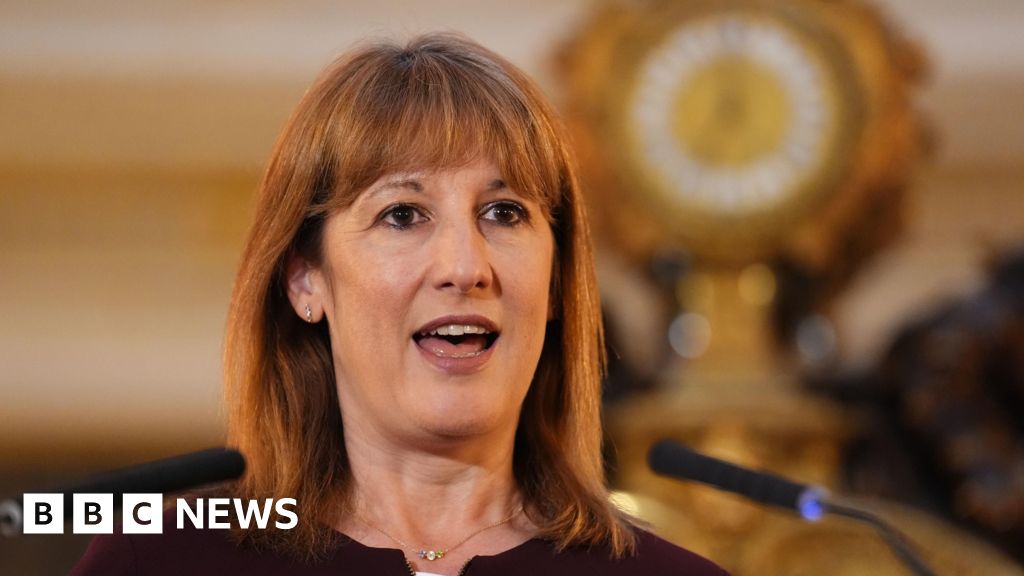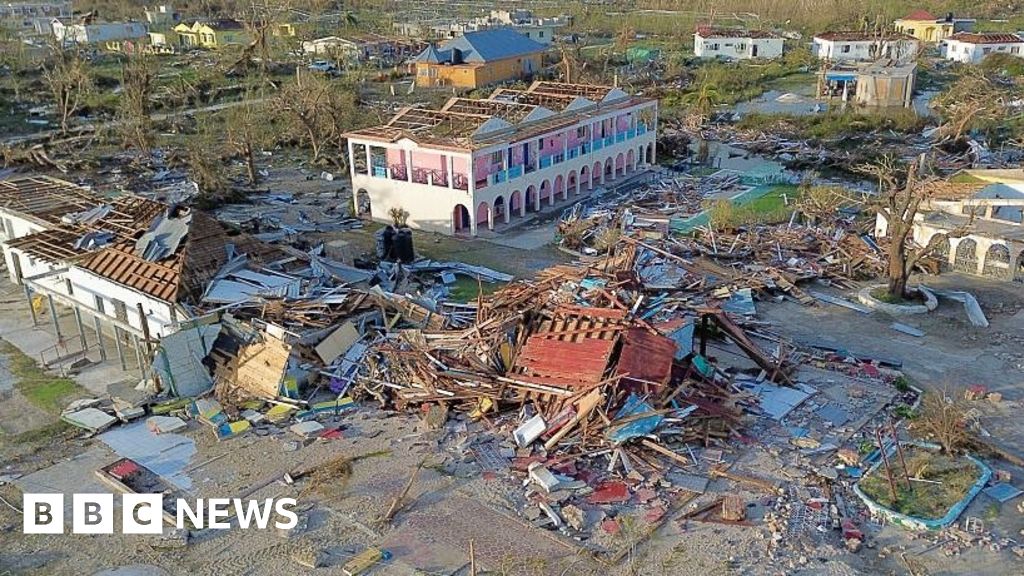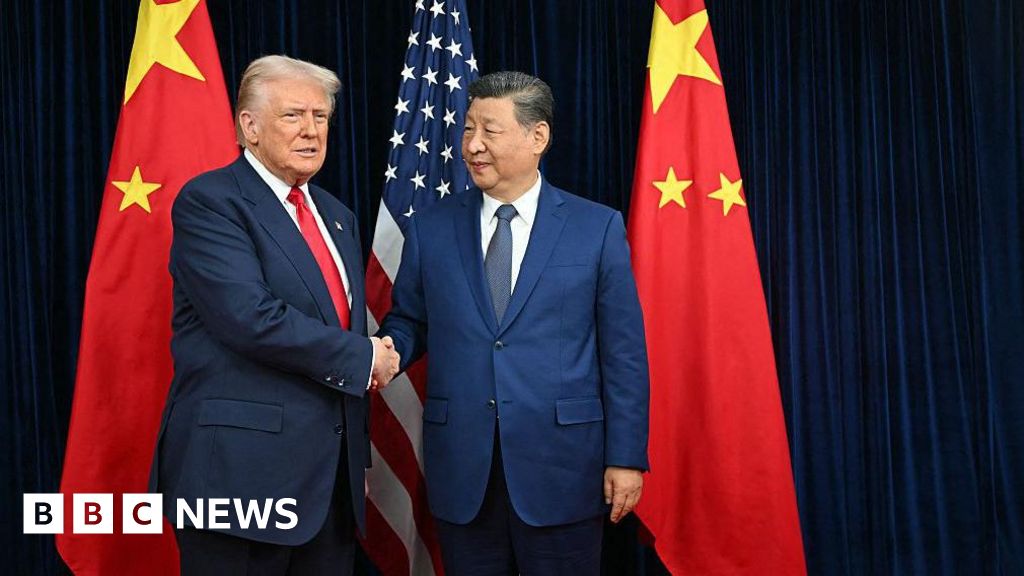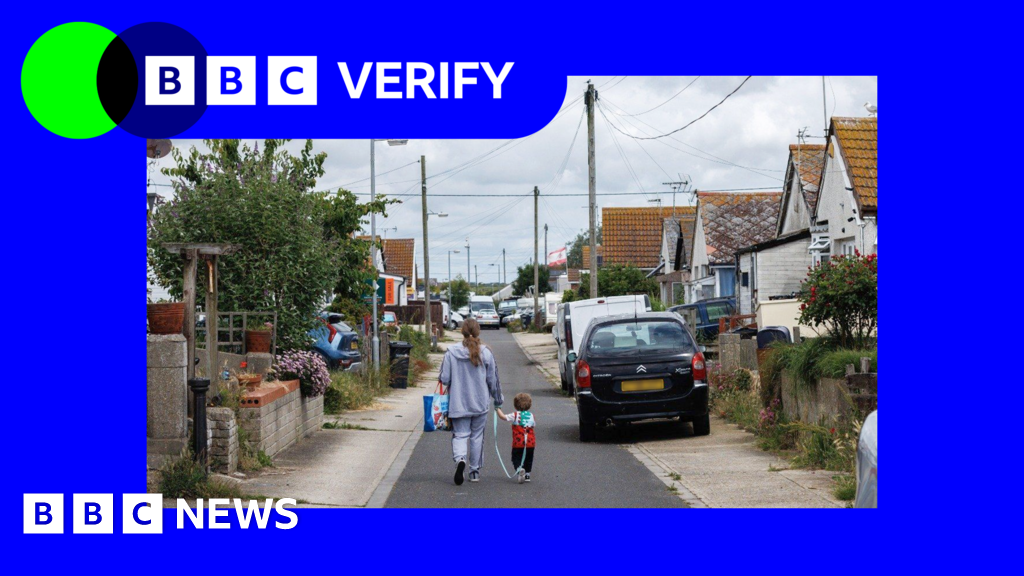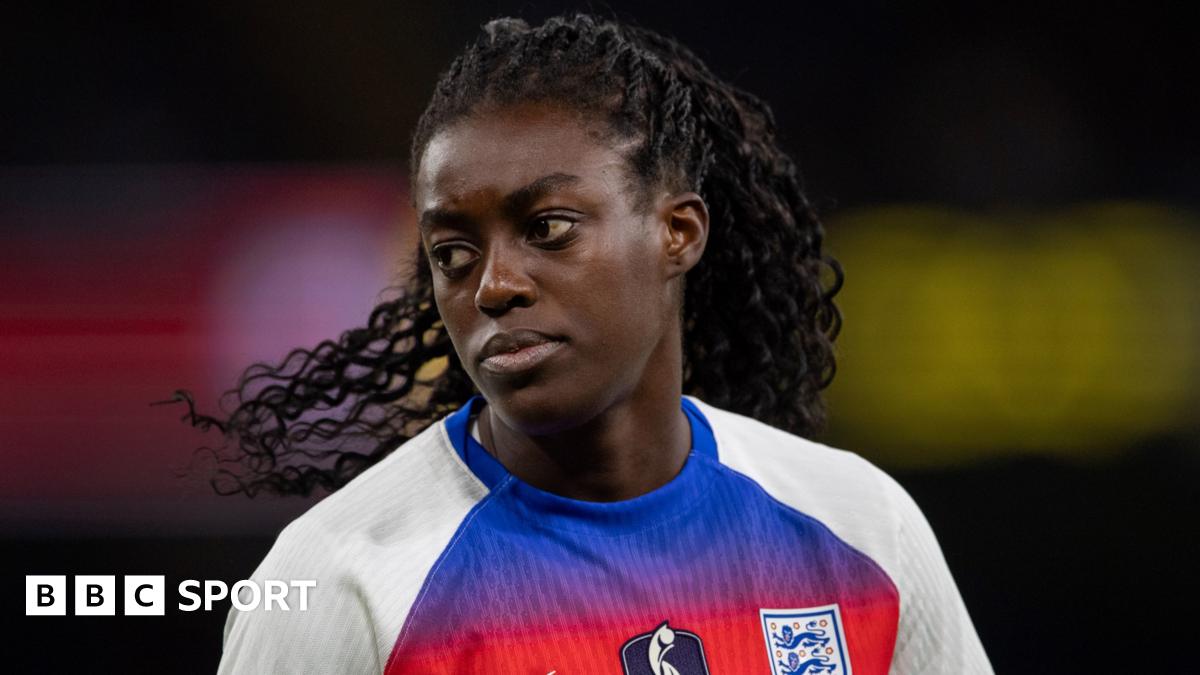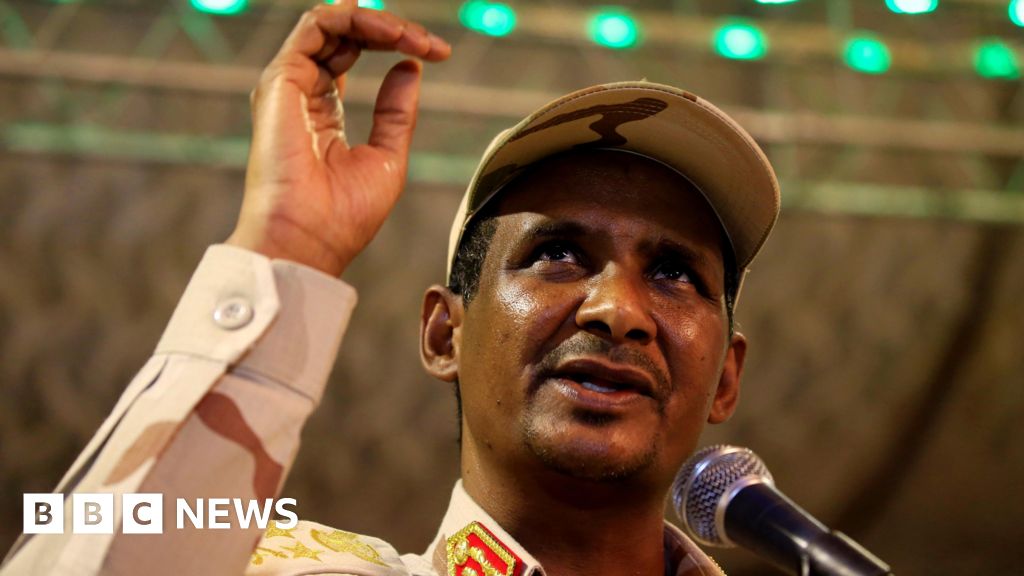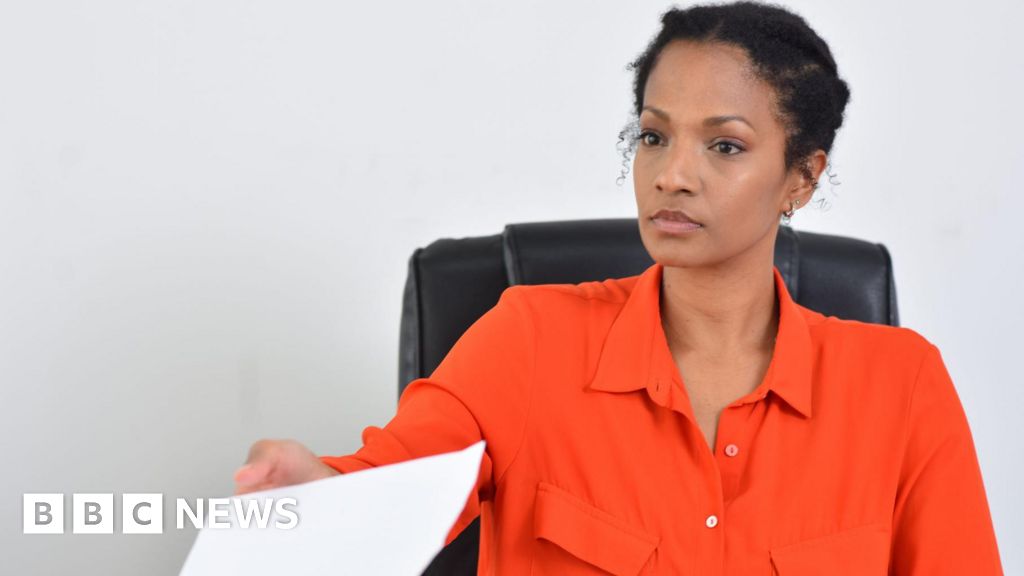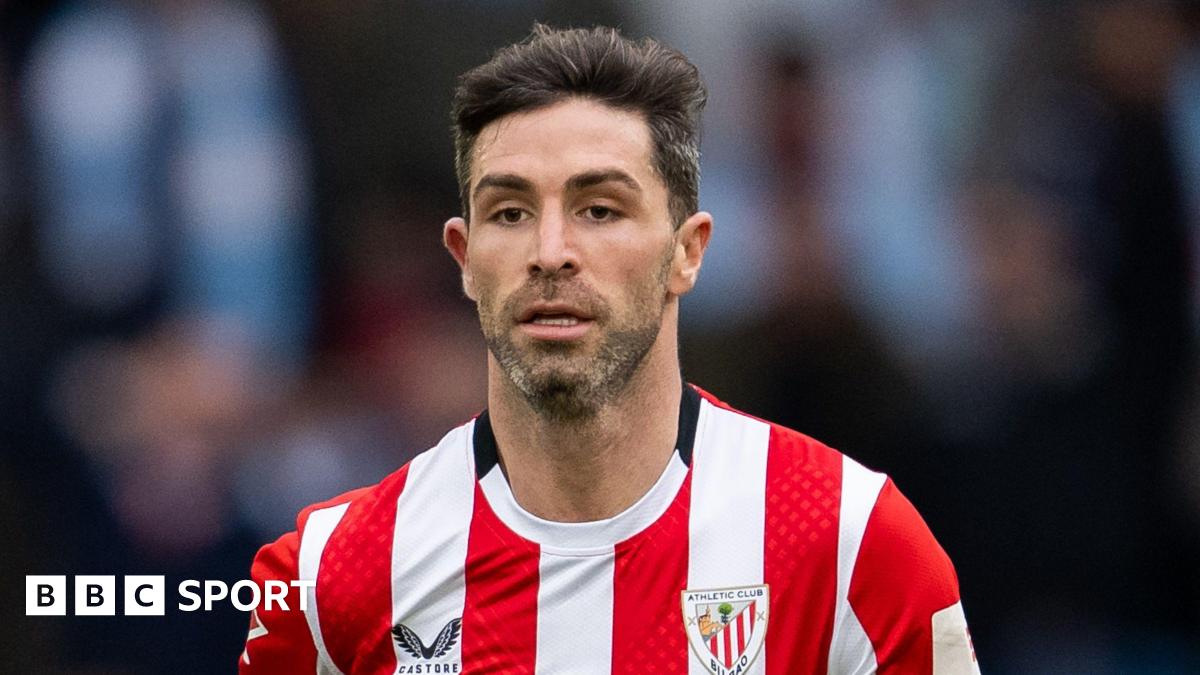
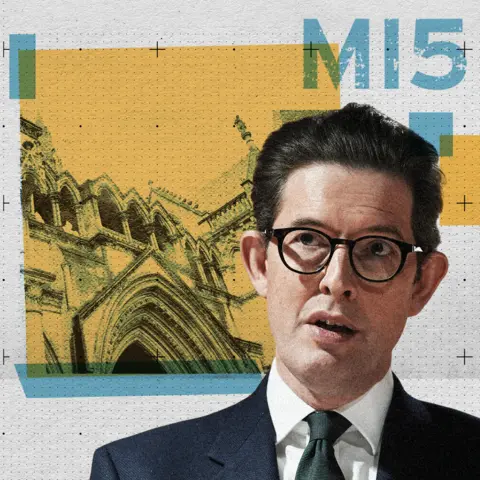 PA Media/BBC
PA Media/BBC
When the BBC revealed that MI5 had lied to three courts, the Security Service apologised for giving false evidence - vowing to investigate and explain how such a serious failure had occurred.
But on Wednesday, the High Court ruled that these inquiries were "deficient", ordering a new "robust" investigation. A panel of judges said they would consider the issue of contempt of court proceedings against individuals once that was complete.
Now we can detail how, over the past few months leading up to the judgment, MI5 continued to provide misleading evidence and tried to keep damning material secret.
The material gives an unprecedented insight into the internal chaos at MI5 as it responded to what has become a major crisis and test of its credibility.
At the heart of the case is the violent abuse of a woman by a state agent under MI5's control. After the BBC began investigating, MI5 attempted to cover its tracks - scattering a trail of false and misleading evidence.
The case started very simply: I was investigating a neo-Nazi, who I came to understand was also an abusive misogynist and MI5 agent.
After I contacted this man - known publicly as X - in 2020 to challenge him on his extremism, a senior MI5 officer called me up and tried to stop me running a story.
The officer said X had been working for MI5 and informing on extremists, and so it was wrong for me to say he was an extremist himself.
It was this disclosure, repeated in a series of phone calls, which the Security Service would later lie about to three courts as it attempted to keep X's role and identity shrouded in secrecy.
During the phone calls with me, MI5 denied information I had about X's violence, but I decided to spend more time investigating. What I learned was that X was a violent misogynist abuser with paedophilic tendencies who had used his MI5 role as a tool of coercion.
He had attacked his girlfriend - known publicly as "Beth" - with a machete, and abused an earlier partner, whose child he had threatened to kill. He even had cannibal fantasies about eating children.

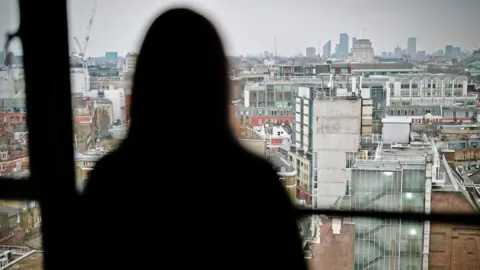
Beth, who was terrorised and coerced by X, has called for a public apology from MI5
When I challenged both X and MI5 with our evidence, the government took me and the BBC to court in early 2022. They failed to stop the story but did win legal anonymity for X.
Arguing for secrecy in a succession of court proceedings, the Security Service told judges it had stuck to its core policy of neither confirming nor denying (NCND) informants' identities, including during conversations with me. Crucially, this stance allowed it to keep evidence secret from "Beth", who had taken MI5 to court.
The service aggressively maintained its position until I produced evidence proving it was untrue - including a recording of one of the calls with a senior MI5 officer.
Finally accepting it had provided false evidence, MI5's director general Sir Ken McCallum said: "We take our duty to provide truthful, accurate and complete information very seriously, and have offered an unreserved apology to the court."
Two investigations were commissioned: an internal MI5 disciplinary inquiry, and an external review by Sir Jonathan Jones KC, who was once the government's chief lawyer. This latter review was personally commissioned by the Home Secretary Yvette Cooper and MI5's director general.
Both of these concluded that the original false evidence was not due to dishonesty by MI5 or any of its officers. They effectively put it down to mistakes, both personal and systemic.
But these two inquiries quickly began to fall apart.
Not fair or accurate
The government initially refused to provide both reports in full to the court.
Like many cases involving MI5, this one was held partly in secret to allow the government to use evidence which it says is too sensitive to be discussed in open hearings.
Access to the secret, closed part of the case was only available to the government, the judge and security-cleared barristers known as special advocates who were representing the BBC - but who were not allowed to communicate directly with us.
The government said it would not be providing any closed evidence about the two inquiries to the judge or the special advocates.
Instead, it provided an "open" version of Sir Jonathan's external review, with apparently sensitive material edited out, and it purported to provide a full account of the internal inquiry in a witness statement by MI5's director general of strategy - known as Witness B.
Sir Jonathan wrote that he was "satisfied" that the open version was a "fair and accurate" account of his full review. Witness B, third-in-command at the Security Service, said in his statement: "I am satisfied that there is nothing in the closed material that has been excluded from the open report which prevents MI5 from providing the court with a frank and accurate account."

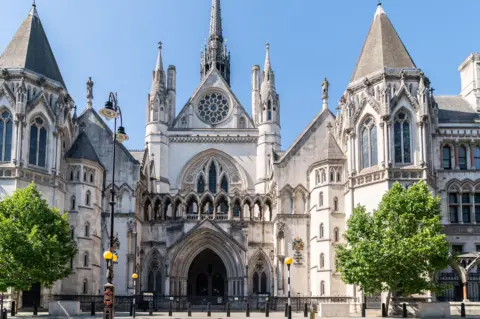 Getty Images
Getty Images
The High Court ruled that the explanations for MI5's false evidence were "deficient"
During hearings, the government argued against disclosing secret material to the court. It eventually agreed to hand over the secret version of Sir Jonathan's review, and then was ordered to disclose the internal investigation report described by Witness B, along with policy documents and notes of interviews with MI5 officers.
When the disclosure came, it was clear why MI5 was so keen to keep it secret: the summaries, including the one from MI5's third-in-command, were not fair or accurate. Key information had been withheld, which undermined their conclusions.
In short, the court was still being misled.
At the same time, in response to the inquiries, I was submitting new evidence which proved that some of the claims made by the two reviews were false.
Neither the internal investigation nor Sir Jonathan Jones contacted me, despite the fact I was the only other person who really knew what had been said in all the phone calls at the centre of the case.
'The fallibility of memory'
The two official reviews concluded that the senior officer who called me - Officer 2 - failed to recall telling me that X was an agent.
"There is nothing surprising in this narrative, which is ultimately about the fallibility of memory in the absence of a written record," as the Security Service put it in legal submissions.
The Jones review said that, because no formal record was made of the calls, by the time MI5 was preparing evidence the "only first-hand evidence available was Officer 2's personal recollection".
Sir Jonathan said the officer's recollection was "uncertain", although it had hardened over time into a position that he had not departed from NCND.
But material that MI5 and the government sought to keep secret shows that Officer 2 gave a detailed recollection of the conversation with me - until I exposed it as false.
His recollection was contained in a note of an internal MI5 meeting, arranged to discuss what to tell the special advocates and the court about the conversations with me. In it, the officer insisted he did not depart from NCND and gave a melodramatic account of my "long pauses" as I said I needed the story, before I eventually became cooperative and said I had "seen the light".
This was all untrue. He also falsely claimed I had revealed that I had spoken to X's former girlfriend, when I had done no such thing.

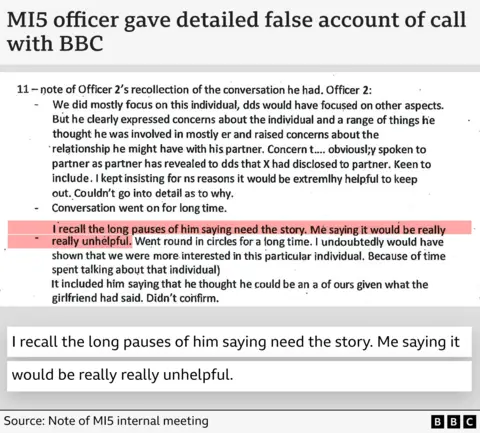
The note also showed that Officer 2 had told colleagues that he persuaded me to drop the story by implying that agent X was being investigated by MI5 as an extremist. This was the exact opposite of what he had in fact told me, which was that X was an MI5 agent rather than a real extremist.
Sir Jonathan was aware of the full version of this elaborate false account, but it was absent from the unclassified version given to the court and the BBC.
The MI5 internal review also claimed that Officer 2 had a lapse of memory.
It said that Officer 2 had told another officer - a key figure involved in preparing the Security Service's false evidence for the court, known as Officer 3 - that he could not remember whether he had departed from NCND.
In his statement to court, Witness B - MI5's director general of strategy - said Officer 2 had said "they could not recall the details" of the conversations with me but "did not think they had departed from NCND" and believed "they would have remembered if they had done so".
But an internal note by Officer 3, written after his discussion with Officer 2, contained a very different account.
It stated unequivocally that "we did not breach NCND" and that the contact with me "was prefaced with confirmation that this conversation was not on the record".
It also stated that, "after being initially fairly bullish, De Simone said that he acknowledged the strength of the argument, and agreed to remove those references".
All three claims were false, including about the conversations being off the record, something now accepted by MI5.
The evidence showed specific false claims being presented as memories - not the absence of memory the two inquiries said they found.
The written records MI5 said did not exist
The question of memory was so important because the court was told that written records were not available.
Witness B - MI5's third-in-command - said the internal investigation established that Officer 2 had "updated colleagues within MI5" about the conversations with me, but that "there was no evidence identified of any written record being made, by Officer 2 or anyone else".

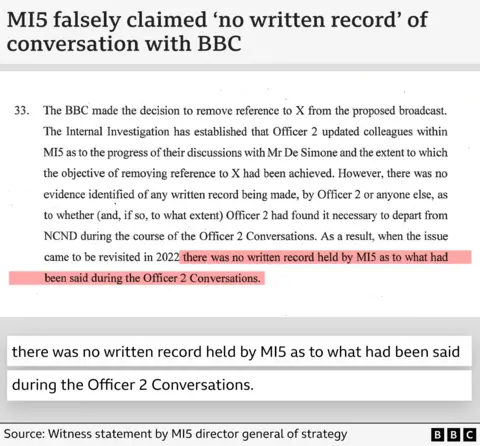
"The fact of the matter was that Officer 2 was reliant on personal recollection alone which inevitably carries a degree of inherent uncertainty," Witness B said in his statement to court.
Sir Jonathan gave the same impression in his review.
But the secret material MI5 was forced to hand over proved this was false. There were several written records consistent with what had really happened - that MI5 had chosen to depart from NCND and that several people were aware of it.

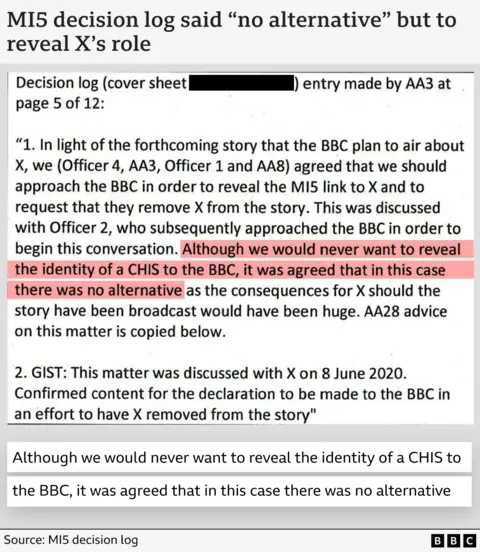
There was a decision log.
There were notes of conversations with Agent X himself.
There were emails.
The decision log showed that, just after the authorisation took place, a formal record was created saying the plan was to call the BBC and "reveal the MI5 link to X". The log then noted: "This was discussed with Officer 2 who subsequently approached the BBC to begin this conversation."
In an internal email, after I had said I would not include X in an initial story, one of X's handling team reported this development to other MI5 officers and accurately described the approach to me, namely that Officer 2 had claimed my proposed story was "incorrect" and the rationale for this was that most of the material was as a "direct result of his tasking" as an MI5 agent.
Notes of calls and meeting with Agent X show he approved the plan to reveal his MI5 role and was kept updated about the calls. In a later meeting with him, MI5 recorded that he was "happy" to meet with me, which was an offer MI5 had made and I ignored.
But it showed that MI5 and X were well aware of the NCND departure, because the Security Service would obviously only try to arrange a meeting with someone like X if they were an agent.

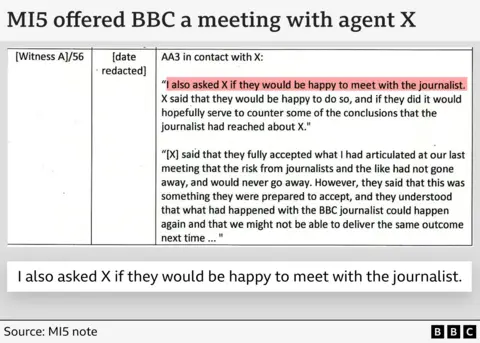
In a telling note, MI5 said X thought that a meeting with me would "hopefully serve to counter some of the conclusions that the journalist had reached about X". This is a violent, misogynistic neo-Nazi, a danger to women and children, yet MI5 wanted to do PR for him with a journalist.
'Back in the box'
These records and others show that the handling team for agent X understood there had been an NCND departure. This was unsurprising as the calls with me at the time made it clear that his case officers knew what was happening.
But the internal investigation report records how, as MI5 was preparing to take the BBC to court to block our story on X, one officer went around convincing colleagues that no such departure had ever taken place.
Officer 3 spoke several times to a member of the agent-handling team within MI5 - known as Officer 4 - regarding what had been said to me about X.
"We have already named him pal," said Officer 4, according to Officer 4's evidence to the investigation and Officer 3 replied: "I can categorically tell you we didn't".
After these conversations, Officer 4 said he felt the other officer had put him "back in his box". Other members of the handling team thought what Officer 3 was saying was "odd" and "weird".
MI5 has given completely contradictory explanations for how the false claim about not departing from NCND had got into its witness statement.

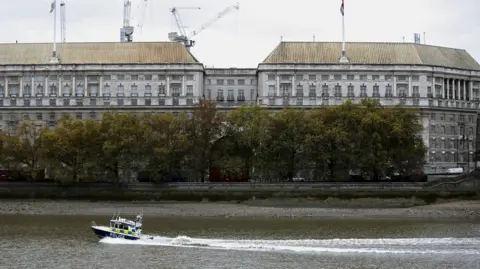 Reuters
Reuters
MI5 offered an "unreserved apology" to the court for its false evidence
The claim was given to court by an officer known as Witness A, acting as a corporate witness - meaning he was representing the organisation rather than appearing as someone necessarily involved personally in the events.
When the government was trying to stop the BBC publishing its story about X in 2022, the BBC's special advocates asked how Witness A could be so sure that NCND had not been breached.
The government's lawyers said "Witness A spoke to the MI5 officer who had contact with the BBC" - meaning Officer 2 - and the officer had said he neither confirmed nor denied agent X's role. The lawyers' answers strongly appeared to suggest that the pair had even spoken at the time of the calls with me.
After we exposed Witness A's false evidence, the lawyers' answers created a problem for MI5 as it either suggested Officer 2 had lied all along - or that he and Witness A were both lying.
It has since been claimed that the men did not speak to each other at the time of the calls with me.
Despite not reconciling these contradictory accounts, the investigation concluded "the parties were collectively doing their best to prepare a witness statement that was accurate".
Five times MI5 abandoned 'neither confirm nor deny'
Officer 2 claimed that he had never departed from NCND before and said that was a key reason why he would have recalled doing so.
But new evidence I submitted to court showed he had also told me whether or not five other people I was investigating were working with the Security Service. One of them was an undercover MI5 officer - one of the most sensitive and memorable details an officer could disclose.
Officer 2 had invited me to meet this undercover officer, just as he had offered me the chance to meet Agent X. I had not pursued either offer, which I thought were a crude attempt at pulling me into MI5's orbit.
Indeed, the internal MI5 material suggests that its officers wrongly believe that the role of journalists is to be cheerleaders for the Security Service. I was variously described as "bullish", "stubborn", "awkward", and not "as on board as other journalists".


X physically and sexually abused Beth, attacking her with a machete
They said, before their involvement with me, the BBC was seen as "friendly" and "supportive" of MI5. In reality, journalists like me are here to scrutinise and challenge the organisation.
The five other NCND departures were not apparently uncovered by MI5's internal investigators, nor by Sir Jonathan Jones.
Disclosing agent X's role would have been memorable and unusual on its own.
But the fact there were also departures on NCND relating to five other people made the chain of events even more extraordinary, and made any claimed loss of memory by Officer 2 – and in MI5 more widely – simply unbelievable.
The missing interviews
Both inquiries failed to speak to key people who were on the calls they were supposed to be investigating. Neither of them spoke to me - but there were other omissions too.
Sir Jonathan's review wrongly claimed that "only Officer 2 had been party to the calls" with me. In fact, Officer 2 had invited another senior officer to join one of the calls. He introduced himself by saying: "I head up all counter-terrorism investigations here."
He referred to my earlier "conversations" with Officer 2 and was plainly aware of their content - he even made a specific pun about something connected to X.
While MI5's internal investigation was aware that the head of counter-terror investigations had joined one of the calls and mentioned it in their secret report, investigators never bothered interviewing him.
After I submitted new evidence, MI5 was forced to speak to him - but the internal investigators concluded there was nothing to show he knew about NCND departures.
Sir Jonathan had also failed to speak to the MI5 officer at the centre of the case, Officer 2. He had simply adopted the conclusions of the internal inquiry - in which MI5 was investigating itself.
It emerged during the court case that Sir Jonathan did speak to MI5 director general Sir Ken McCallum for his investigation. But when the BBC's special advocates requested any notes of the interview, they were told that none existed.
'Maintaining trust'
"MI5's job is to keep the country safe," Sir Ken said after the High Court judgement. "Maintaining the trust of the courts is essential to that mission."
Because of this case, the courts have made plain that MI5's practices should change. The government says it is reviewing how the service prepares and gives evidence.
Because NCND has been abandoned in relation to Agent X, Beth will now have a fairer trial of her legal claim against MI5. The monolithically consistent way in which the policy has been presented, including in a string of important cases, has been shown to be untrue.
This has become a story about whether MI5 can be believed, and about how it uses its privileged position to conceal and lie.
But in the beginning - and in the end - it is a story about violence against women and girls, about the importance placed on that crucial issue by the state, and about how covering up for abusive misogynists never ends well.

 3 months ago
81
3 months ago
81
